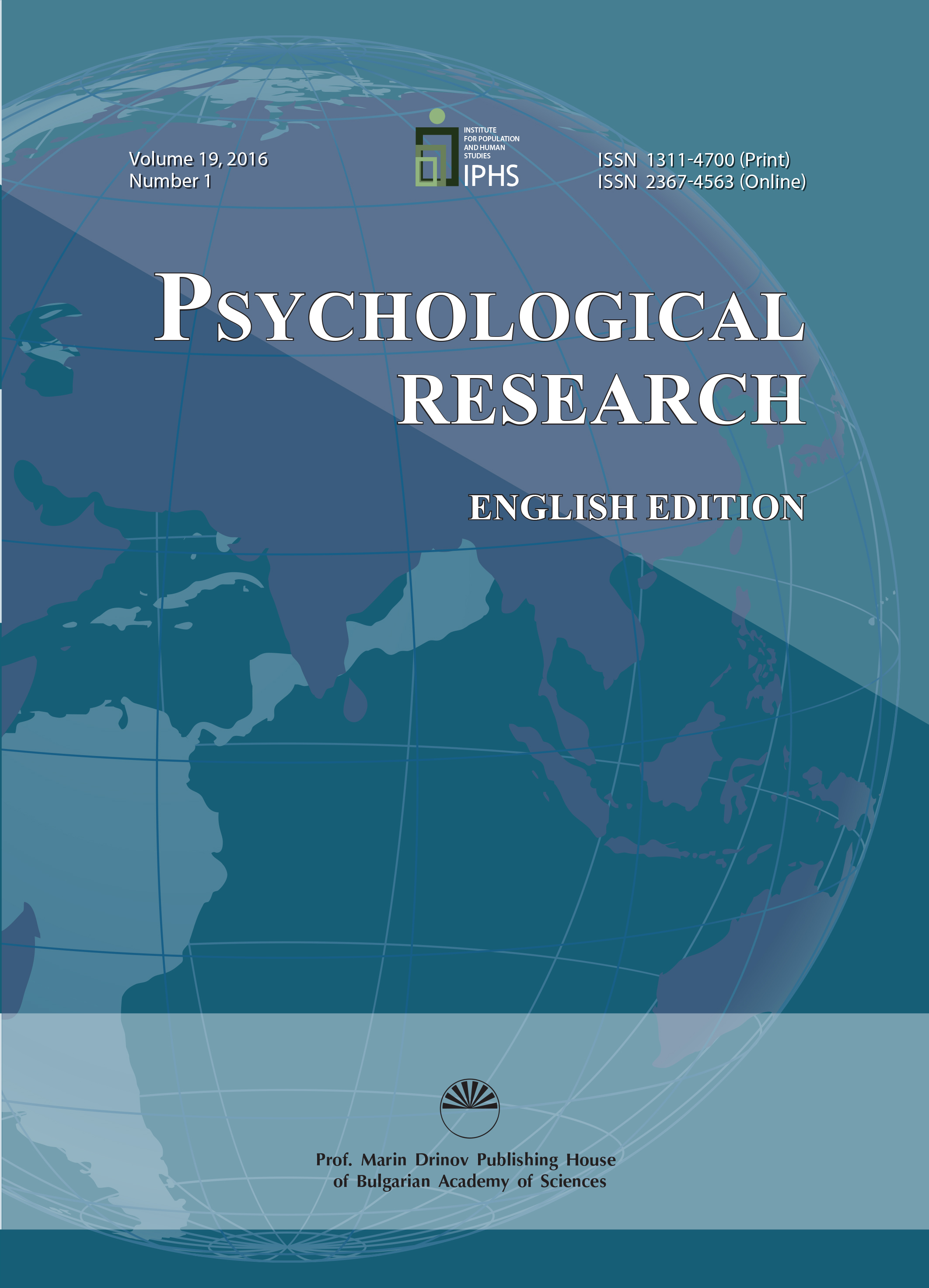Trust and Its Relation to Migration in Kosovo
Trust and Its Relation to Migration in Kosovo
Author(s): Dashamir BerxulliSubject(s): Social Sciences, Psychology, Sociology
Published by: Институт за изследване на населението и човека - Българска академия на науките
Keywords: : migration; trust; Kosovo; politics; institutions.
Summary/Abstract: Human migration is not a sudden phenomenon in Kosovo. 20th century was largely characterized by migration mainly for economic and political reasons. However, special attention should be paid to the last massive wave of approximately 50 000 of migrants that left Kosovo during the period of end of 2014 – beginning of 2015. We connect it with a very low level of trust existing in the Kosovar society. Trust is an underlying psychological state, which is informed by both our emotions and our (cognitive) mental processes (Wade & Robison, 2012). Trust is also seen as a process, which involves past, present, and future (Khodyakov, 2007). Petzold (2009) emphasizes the important role trust/mistrust plays in human motivation that relate especially with regards to what will the future be, which also means that we should seek for the causes of the causes that generate trust/mistrust. Furthermore, literature offers definitions of several kinds of trust: social, political, and institutional trust. Different authors have emphasized the importance of political trust both as a concept and construct in political psychology (Schoon & Cheng, 2011). For the purposes of this paper we take into examination academic literature on trust and mistrust and contextualize it at the Kosovar society dynamics and developments. We argue that it is lack of political and institutional trust one of underlying major causes of people leaving Kosovo. Finally, a general outline of directions for future research is presented at the conclusion part of the paper.
Journal: Психологични изследвания
- Issue Year: 19/2016
- Issue No: 1
- Page Range: 17-22
- Page Count: 6
- Language: English

